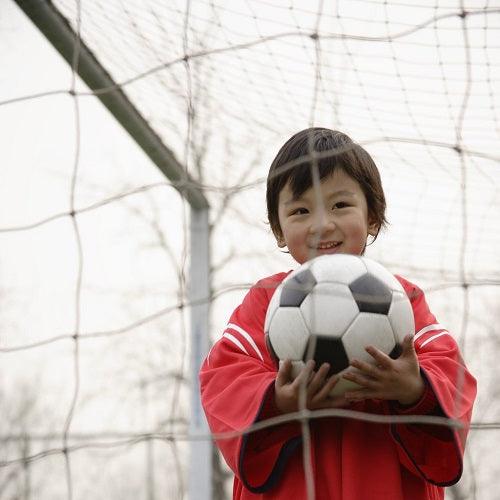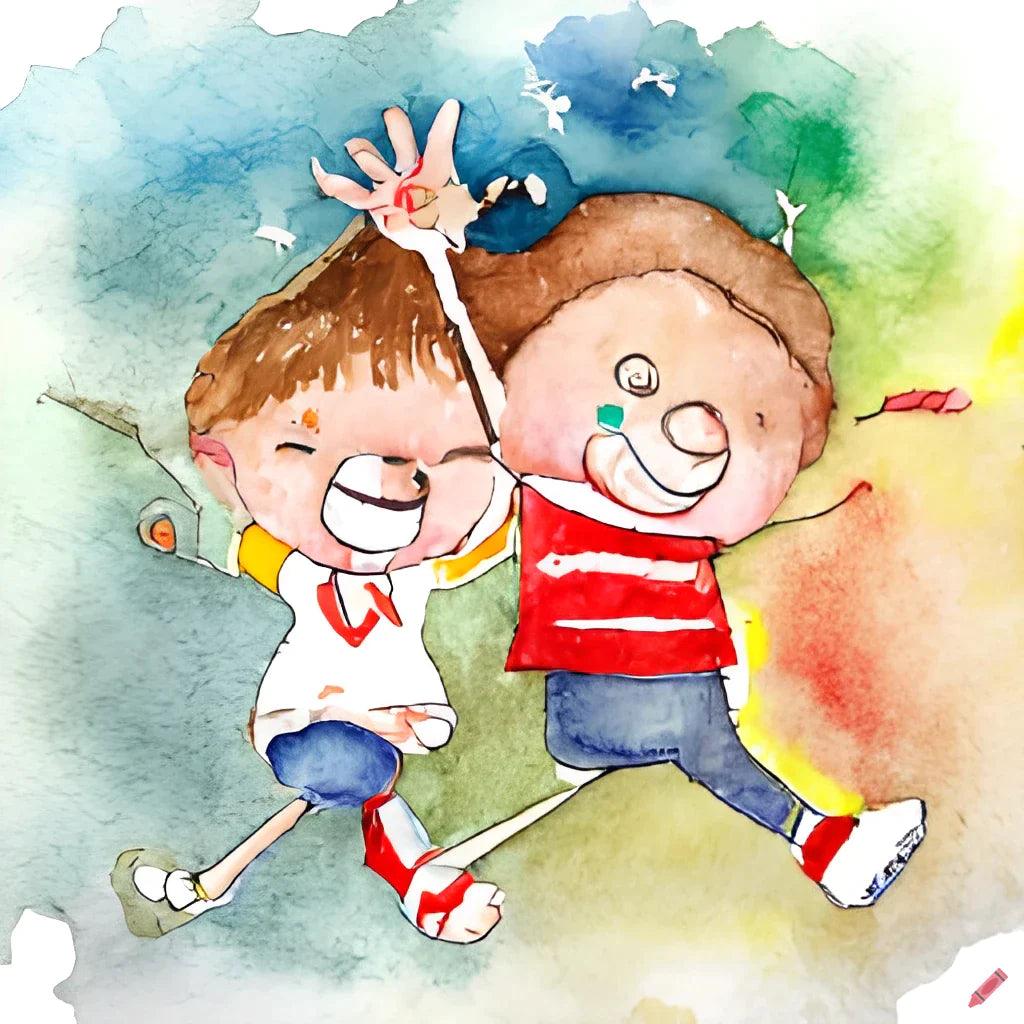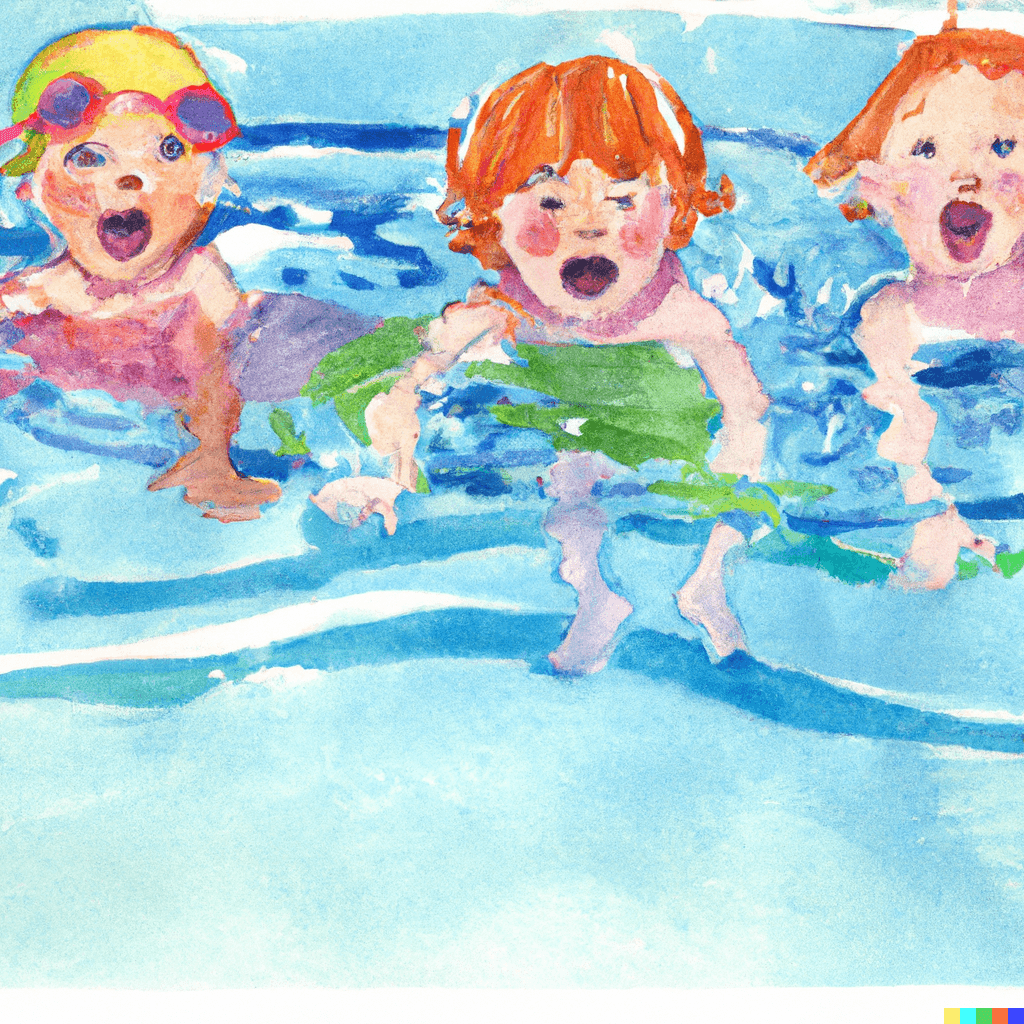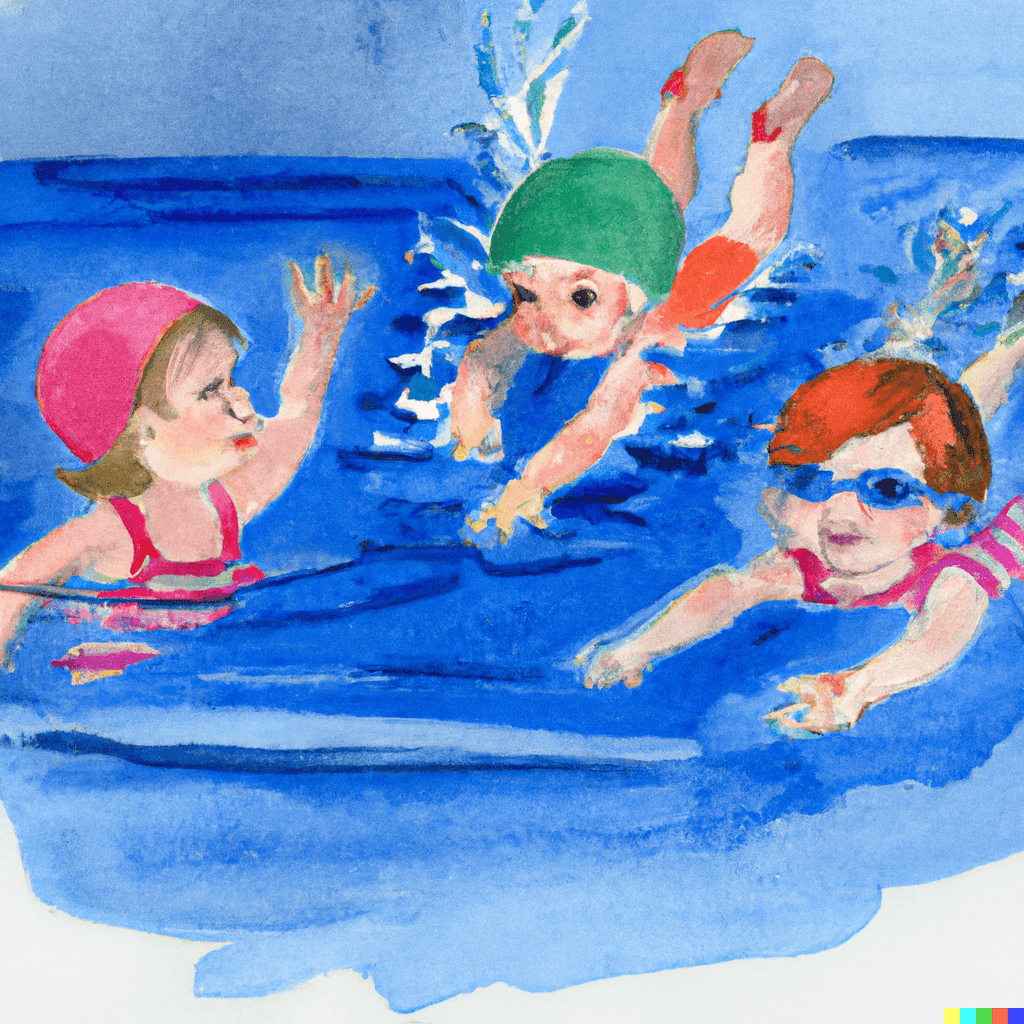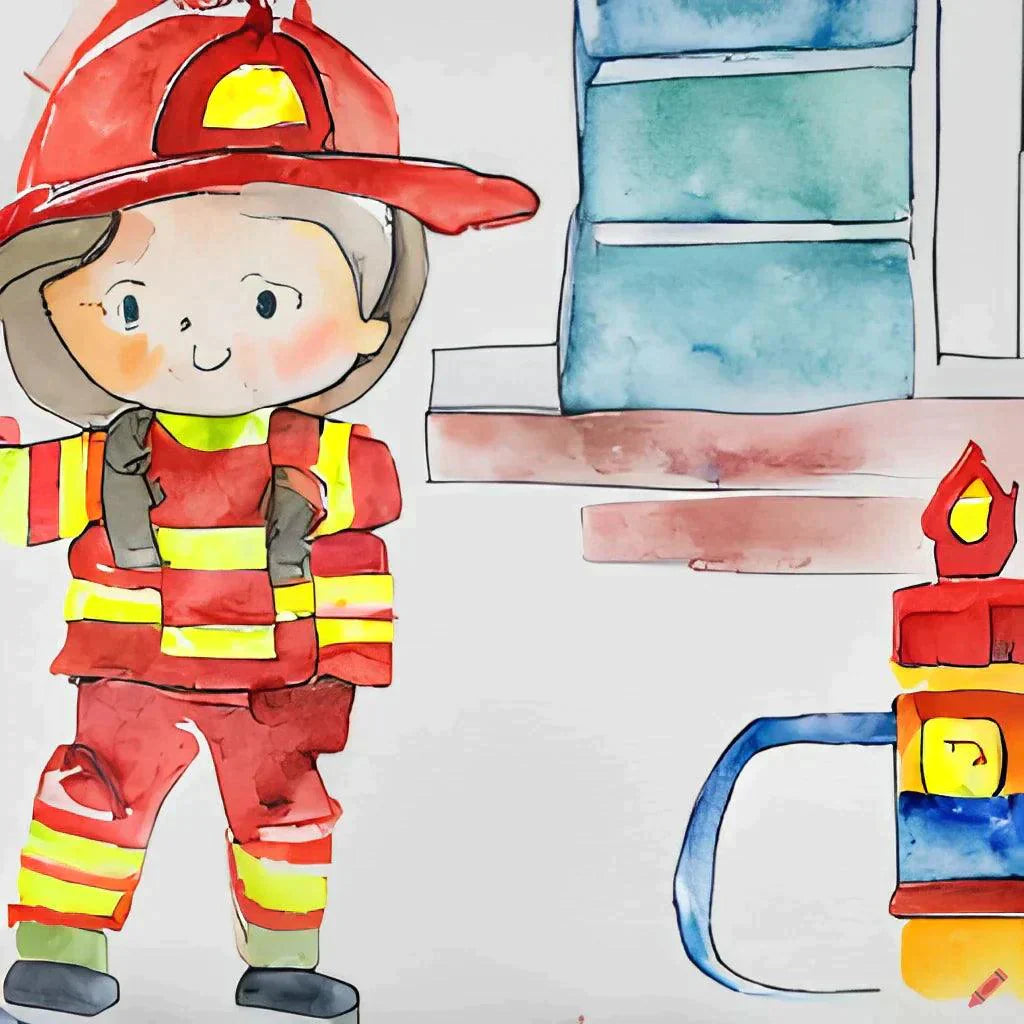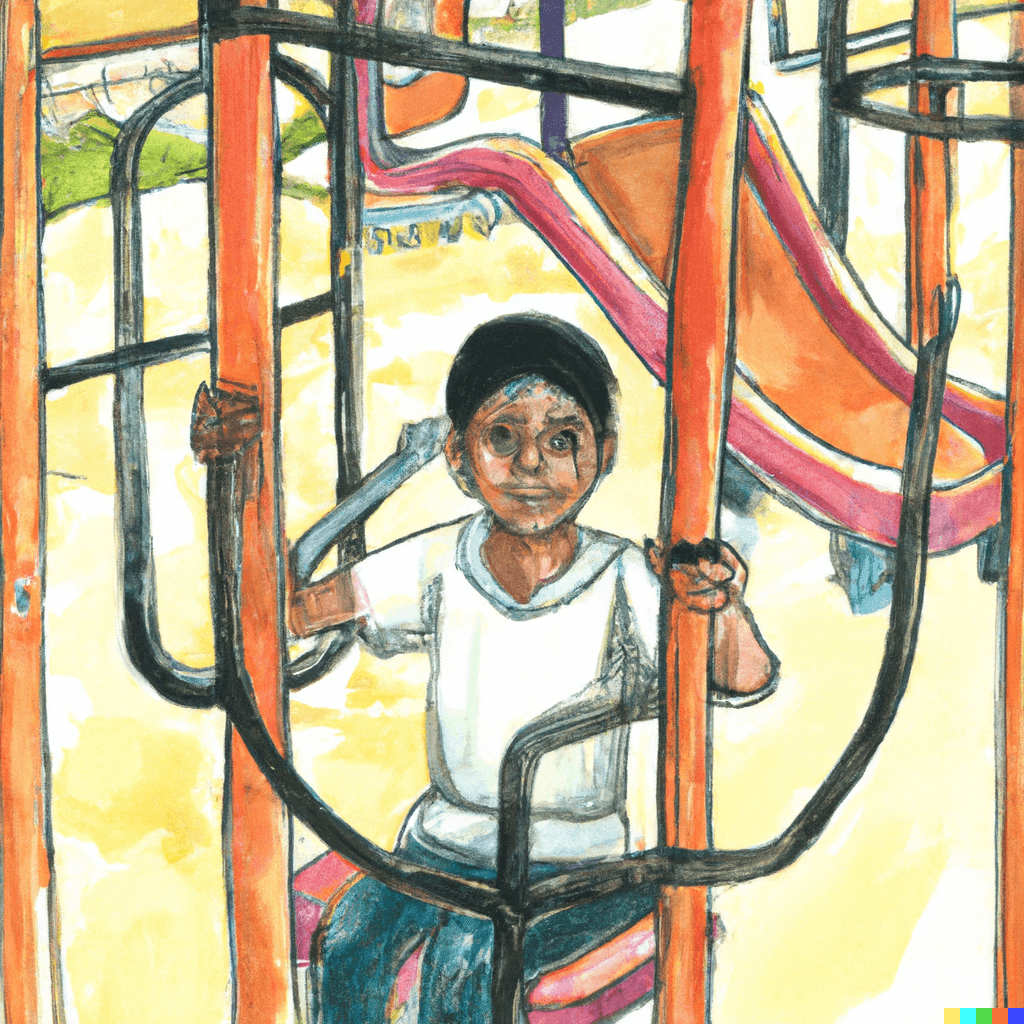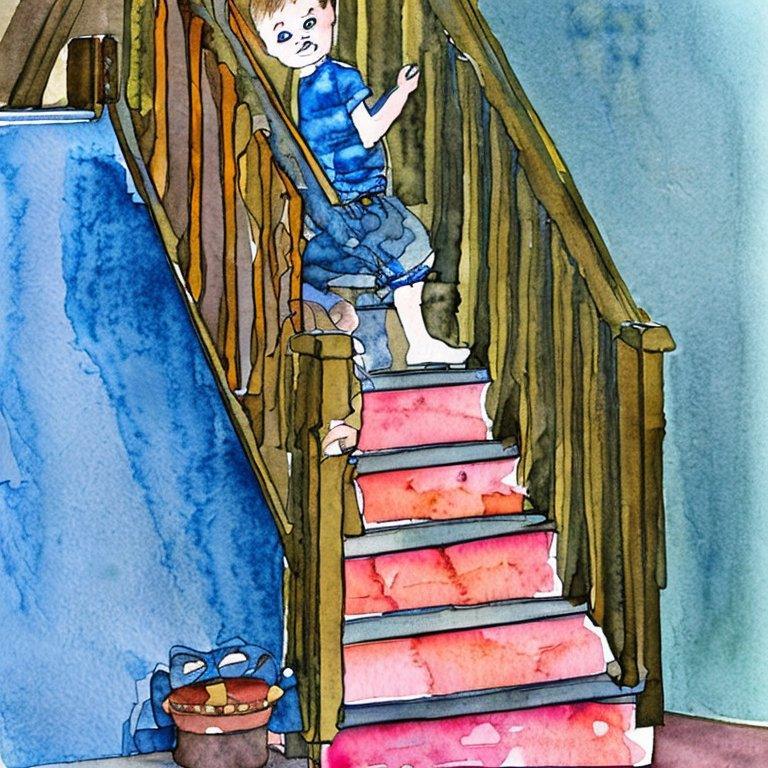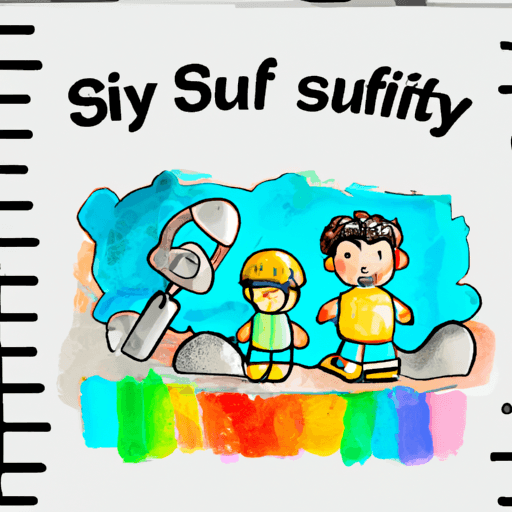I'm concerned about childhood head injuries caused by contact sports. What are the possible effects of concussion in children?
Most sports-related head injuries, such as concussions — which temporarily interfere with the way the brain works — are mild and allow for complete recovery. However, concussion in children can pose serious health risks.
Head injuries take time to heal. Children should rest from both physical and mental (cognitive) activities for a day or two after a concussion and then return to activities gradually as their symptoms allow.
Children who return to school after a concussion may require some classroom adjustments, including a lighter course load or a shortened school day. If an activity such as reading or jogging causes symptoms, such as headache, the child should take a break, then resume the activity for shorter periods and gradually work up to pre-concussion levels as symptoms improve.
Children can develop complications if they return to sports and other activities before a concussion has healed. Another blow to the head while the initial concussion is healing can result in longer lasting symptoms or more-permanent damage. Follow the rule of thumb "If in doubt, sit it out." If there's any suspicion of a concussion, it's best not to return to play until symptoms improve.
Concussion symptoms can include headaches, dizziness, fatigue, irritability and difficulty with thinking skills, such as memory and attention. Post-concussion syndrome is a complex disorder of concussion symptoms that last longer than a normal recovery period.
It's unclear why some people develop post-concussion syndrome and others don't. The severity of the concussion doesn't appear to affect the risk of post-concussion syndrome. Some research indicates that suffering repeat concussions might increase the risk of post-concussion syndrome.
Researchers continue to study other potential long-term effects of concussions. Having a concussion puts children at higher risk of having another. The effects of repeat concussions over years can multiply.
To protect your child from head injuries, insist on appropriate and properly fitted protective equipment — such as a helmet — during sports and other activities. However, even the best protective equipment can't prevent all concussions.
You can have a concussion without losing consciousness. Also, a blow to the body that jars the head can result in concussion. Make sure your child's coach knows if your child has had a concussion. Your child shouldn't return to play until he or she has been cleared by a medical professional.
Signs and symptoms of a concussion may include:
- Headache or a feeling of pressure in the head
- Nausea or vomiting
- Balance problems or dizziness
- Double or blurry vision
- Sensitivity to light or noise
- Feeling sluggish, groggy or dazed
- Difficulty paying attention
- Memory problems
- Confusion
- Slowness in understanding and responding to others
- Sleeping problems
- Mood changes
- Changes in behavior
- Changes in personality
If you think your child has a concussion, seek immediate medical help. Your child's doctor will determine how serious the concussion is and when it's safe for your child to return to sports, school or other activities.

